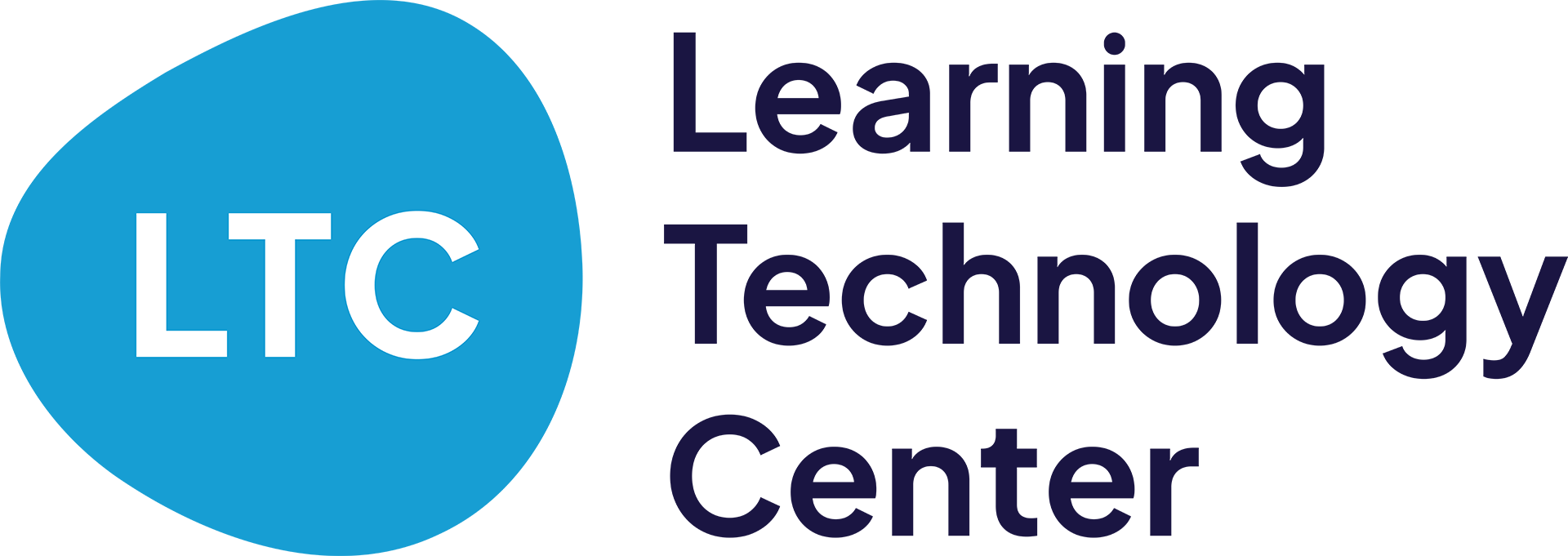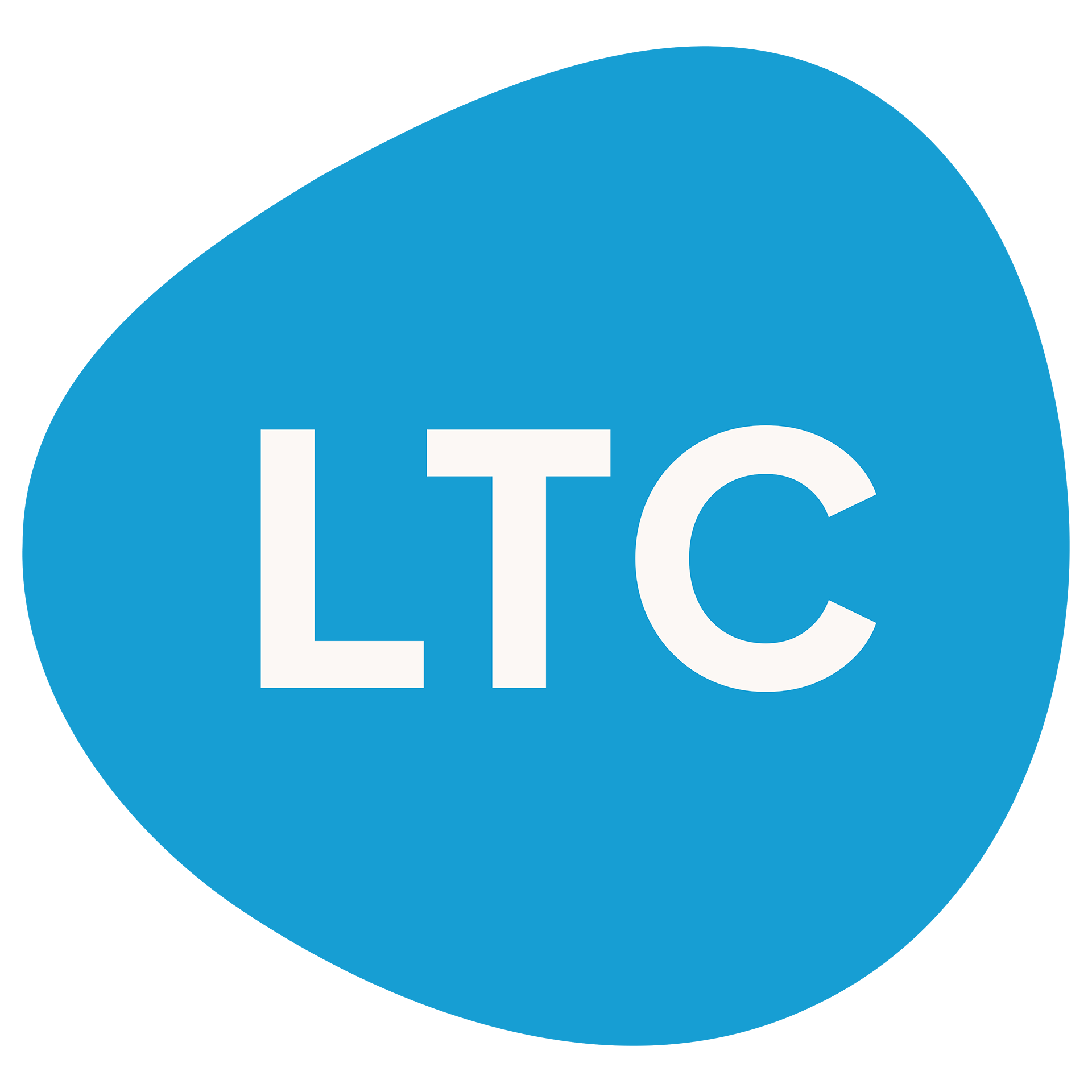
Request for Proposals
Request for Proposals
Share your valuable knowledge and experience with your peers!
K-12 teachers, support staff, library media specialists, and other educators with digital literacy experience are invited to submit a session proposal for DigLitCon.
Proposal submission is now closed. Prospective presenters are encouraged to watch their email for updates.
General Information & Format
When developing your proposal, please keep the following guidelines in mind:
Session Formats
Sessions must be formatted as:
- 50-minute breakout session (online)
- 50-minute breakout session in-person)
- 3 to 6-hour workshop (in-person)
Target Audiences
Proposals should target one of these key audiences:
-
- Primary Educators (K-2)
- Intermediate Educators (3-5)
- Middle School Educators (6-8)
- High School Educators (9-12)
- Administrators and Educational Leaders
- Library Media Specialists
- Support Staff
Learning Objective
You will be expected to identify a learning objective that clearly defines how your session will support attendees in implementing and applying the knowledge learned during your session.
In your proposal submission, please finish the following sentence: “By attending this session, attendees will be able to….”
Benefits
Selected presenters will receive free admission to the full two-day event (in-person and online).
Session Strands
News and Information Literacy
Addressing search skills, discovering reliable sources, checking for credibility, and recognizing fake news.
Computer Literacy
Understanding general computer language and how computerized systems work, as well topics including privacy and security, how to protect one’s self online, understanding contemporary data collection techniques, and practical skills for avoiding fraud, phishing, spam, etc.
Visual Literacy
Understanding algorithms, analyzing images, using GIFs and memes in education, and sketch-noting.
Ethical Use of Digital Resources
Addressing ethical issues such as copyright, referencing digital resources, making and remixing digital content, and Creative Commons licenses.
Digital Communication
Discussing different digital means of communication (i.e. texts, GIFs, emails, etc.), social media, online communities, personal learning networks, rights of digital citizens and consumers, and social norms.
Digital Tattoos
Considering the impact of one’s presence online, mapping online spaces, performing data digs, and managing one’s online persona.
Media Literacy
Sharing strategies for teaching topics including (but not limited to): media literacy basics, persuasion tactics, big data, branding and advertising, and deconstructing media messages.
Digital Citizenship
Sharing resources and discussing topics related to fostering thoughtful digital citizenship, including digital wellness, screen time, civic action and responsibilities, and cyberbullying.
Submit a Session Proposal Today!
Proposal submission is now closed.

